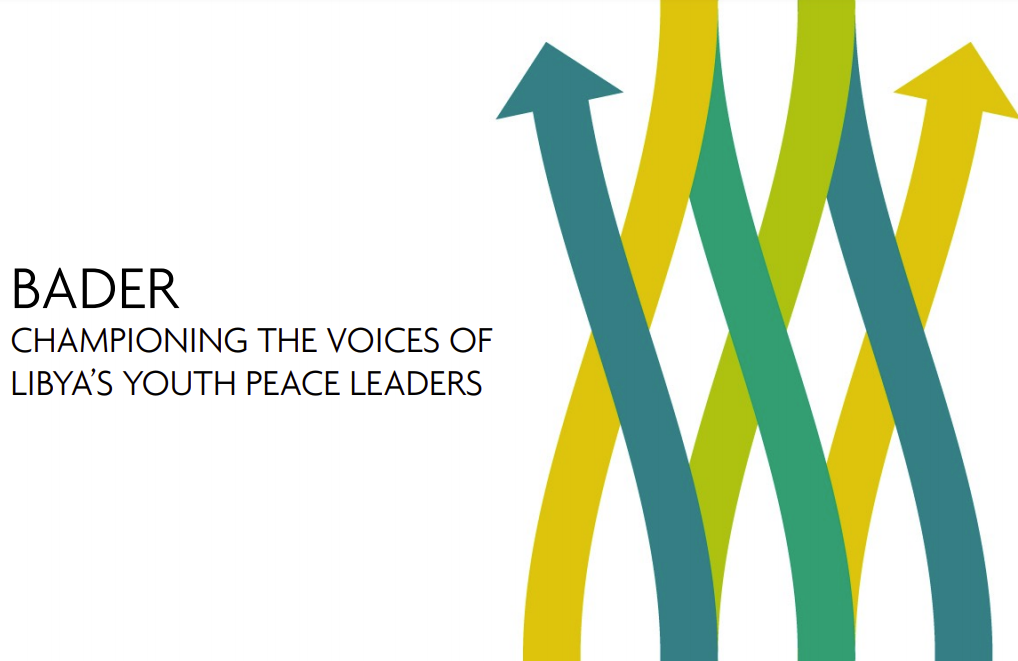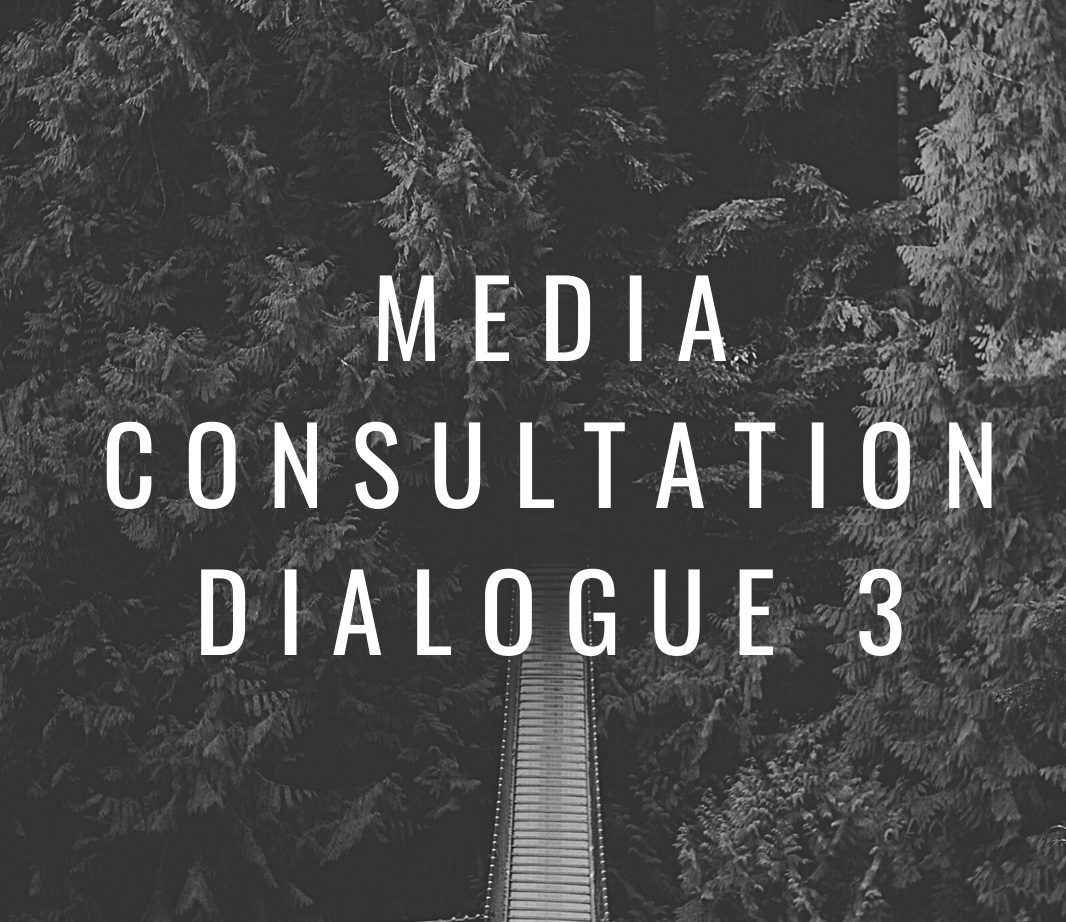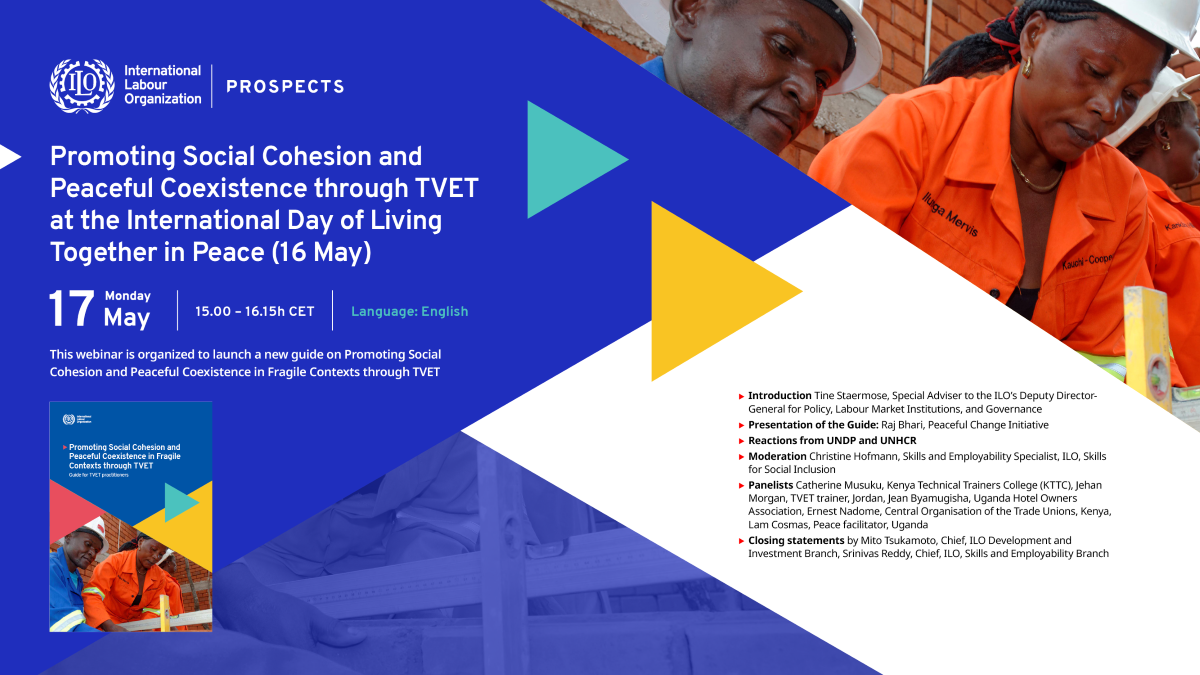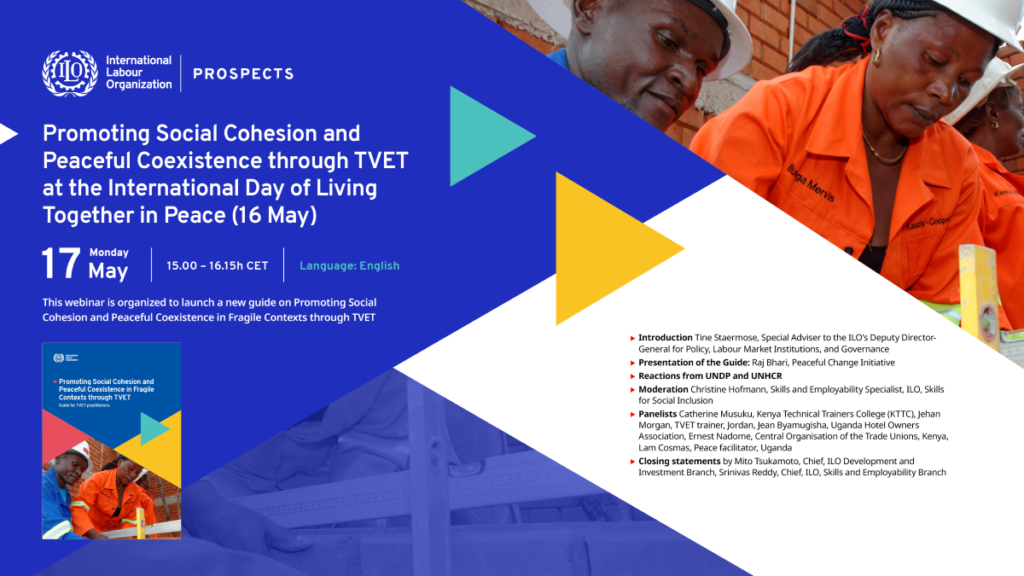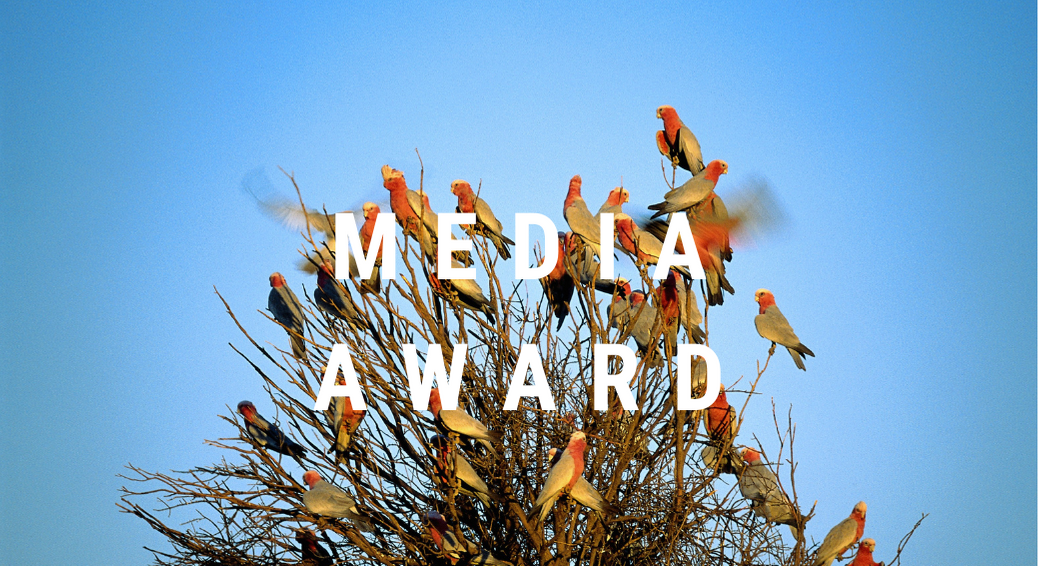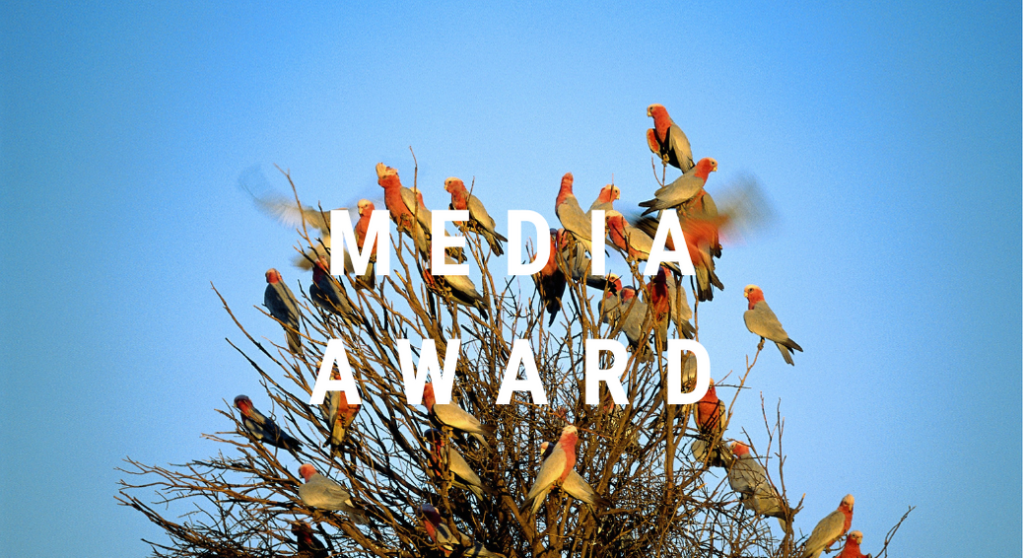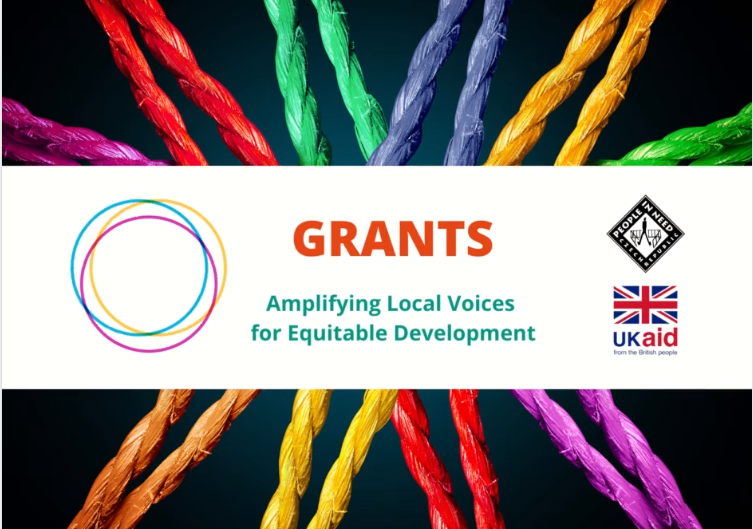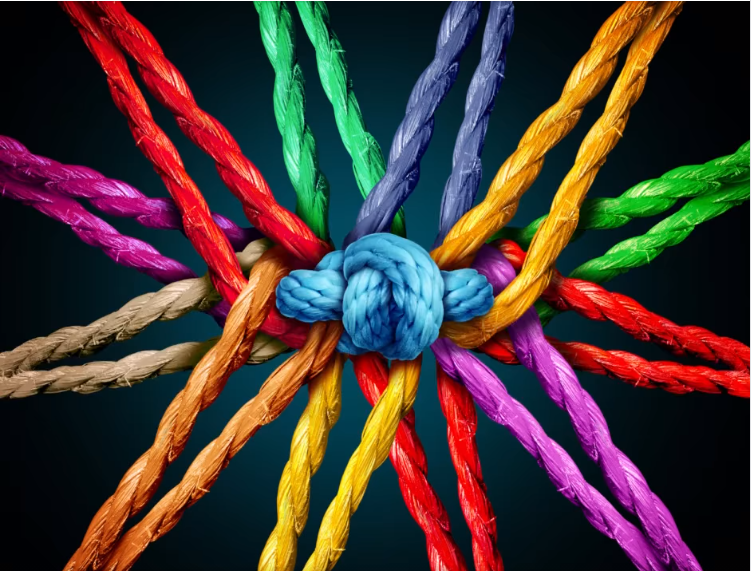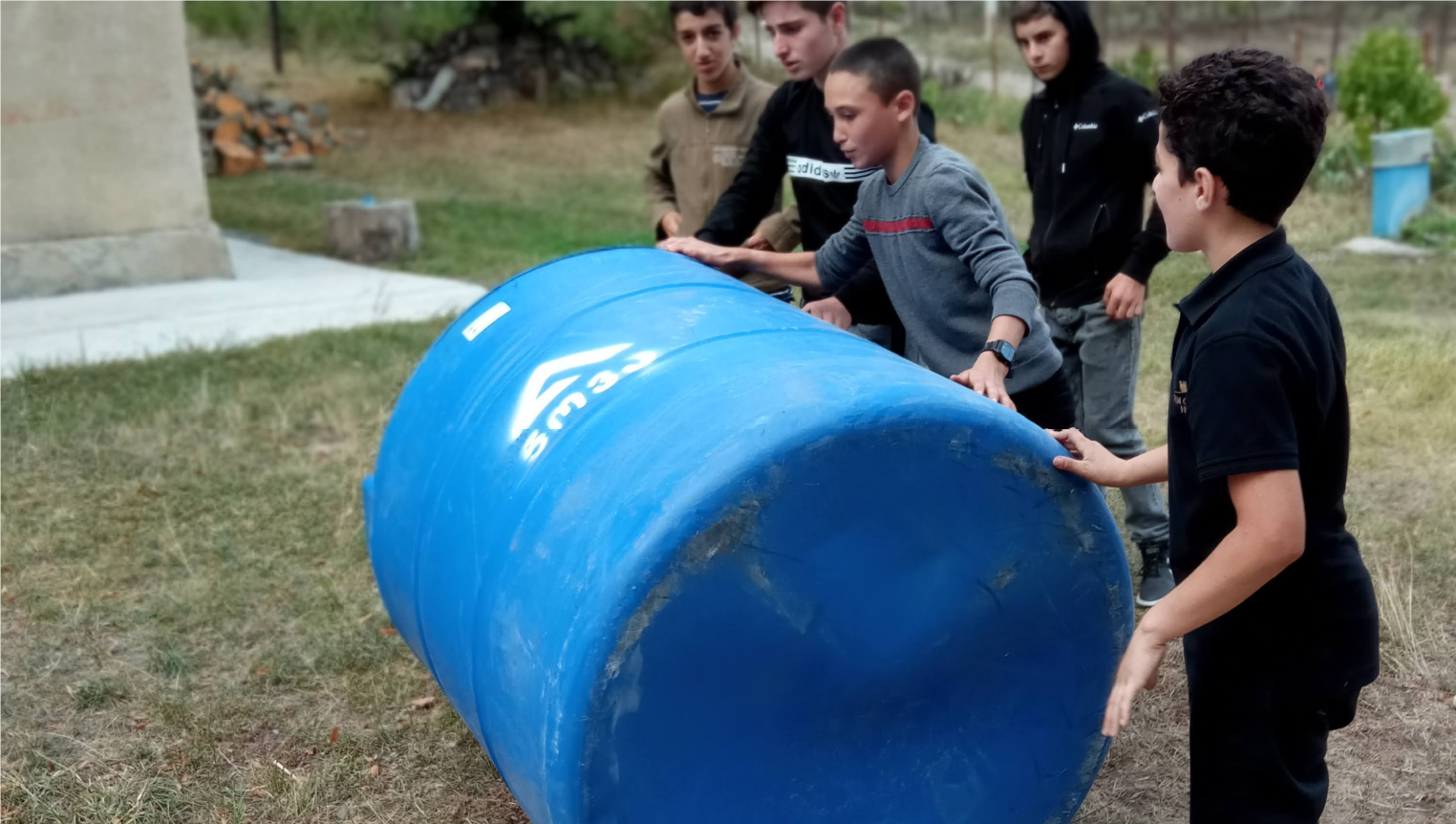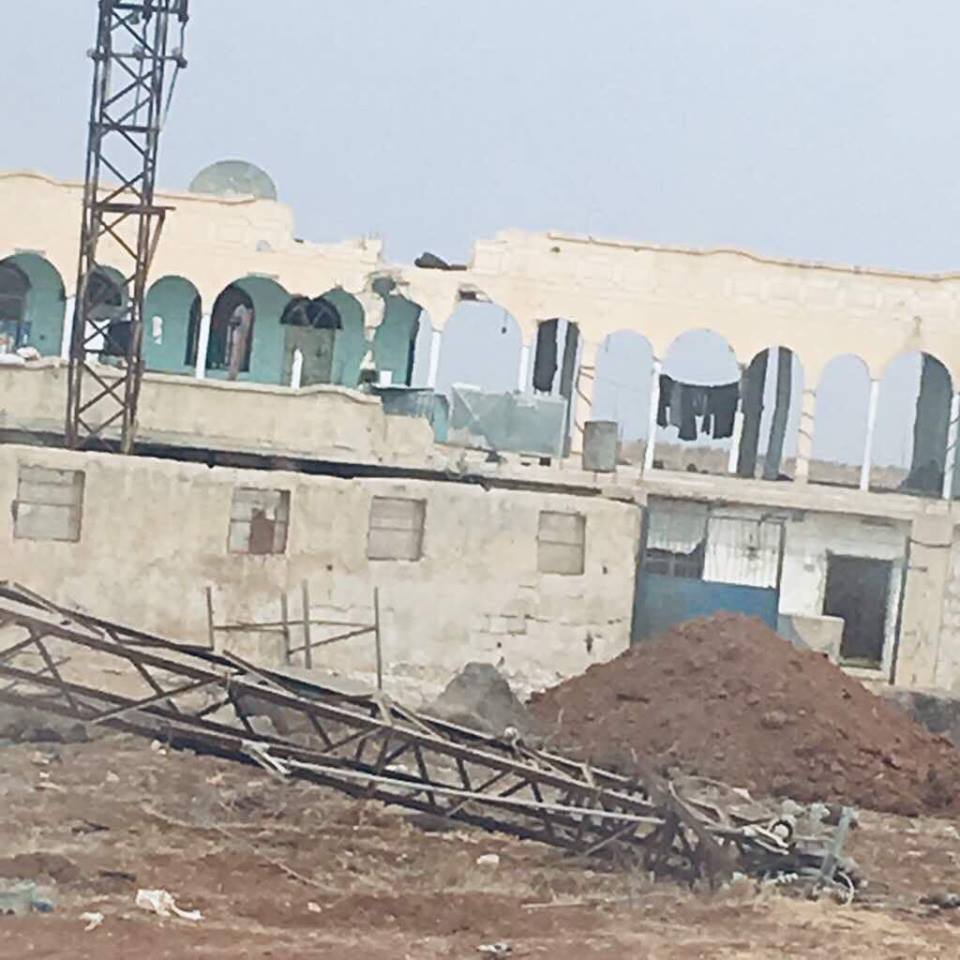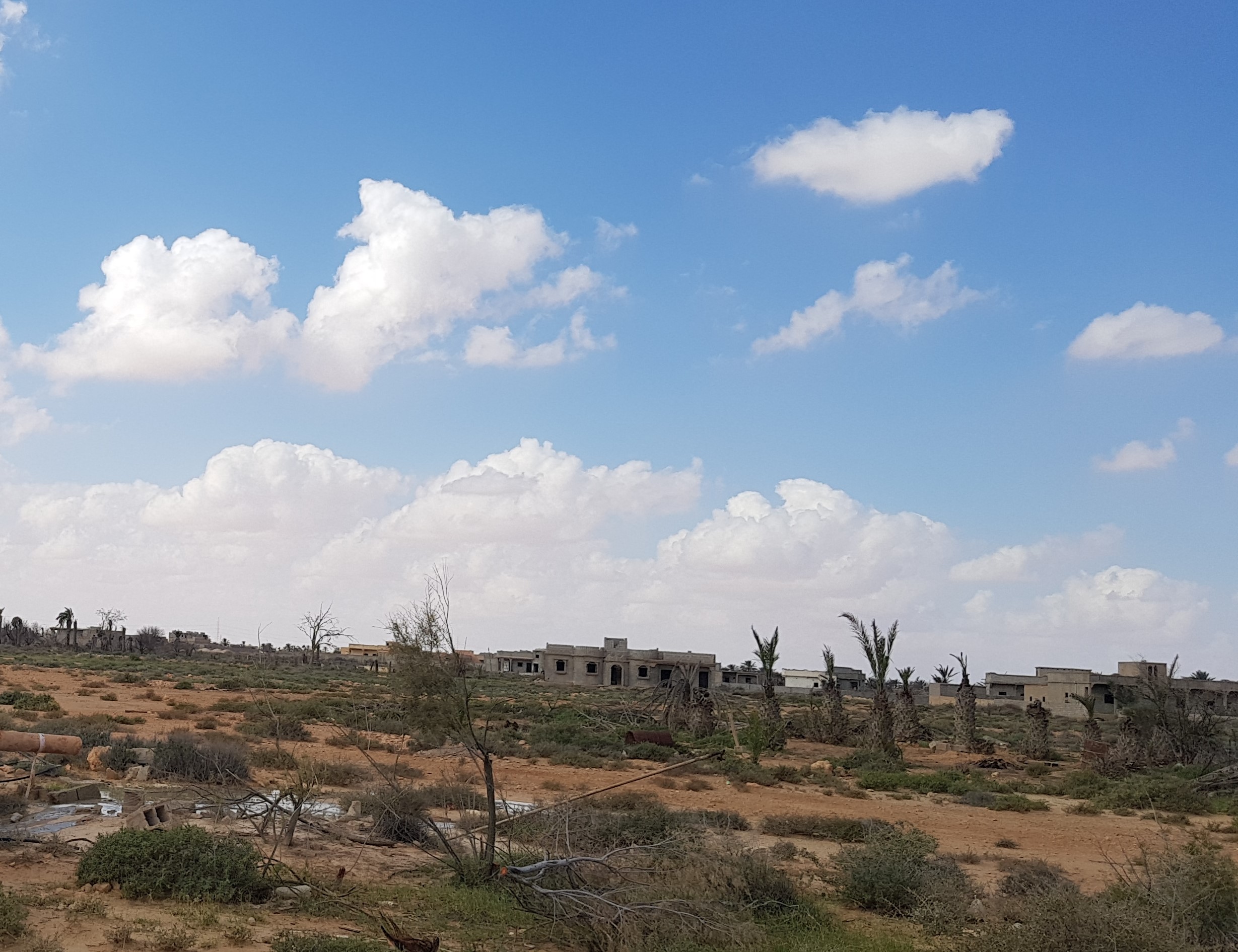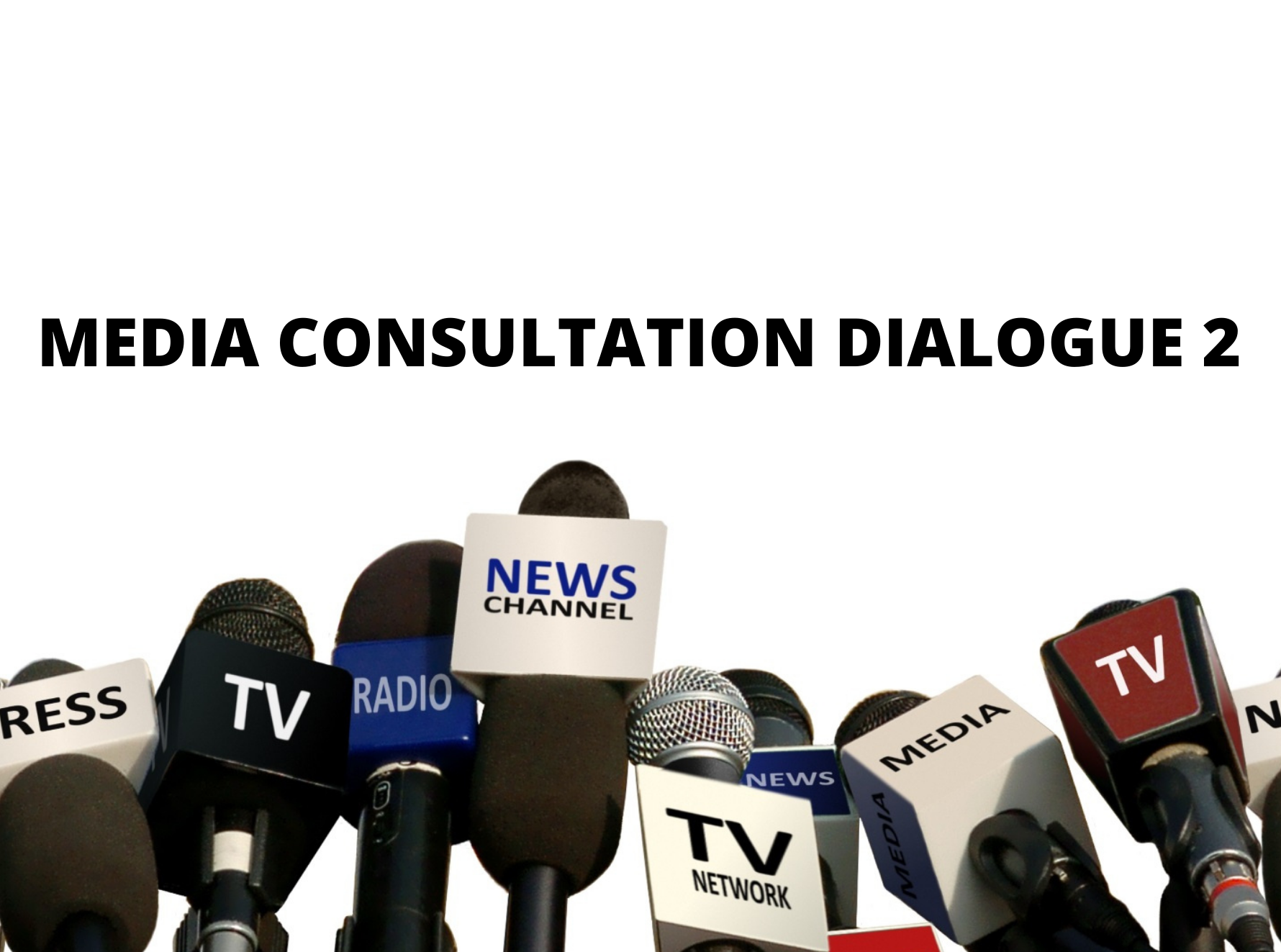
The second Media Consultation Dialogue (MCD) looked closely at the work of the media regulatory bodies in in Kosovo and Serbia since one of the conclusions of the first Media Consultation Dialogue was that their work does not contribute enough to the elimination of hate speech and “othering” in the media.
The Media Consultation Dialogues are an integral part of PCi’s Amplifying Local Voices for Equitable Development – ALVED project. The Dialogues bring together media experts, journalists, editors, civil society representatives and also some institutions that do not usually communicate with each other. Their goal is to engage in constrictive dialogues in areas important for the media in both Kosovo and Serbia.
The Media Consultation Dialogue 2 was held online on February 24 2021 and the focus was on the Media Regulatory Bodies – specifically on the difference between their work as laid down by the law and the difference between the theory and practice of their work. The discussion revolved primarily around:
- How media regulators ensure that public interest is served and what does public interest actually mean?
- What exactly are the differences between the theory and practice?
- How to narrow down those differences and improve the overall media scene in Kosovo and Serbia and help the media play a more constructive part in creating a cohesive and constructive relationship between the two societies?
Further to the Dialogue and consultations with all participants, a set of Conclusions and Recommendations was compiled and in the next few weeks will be shared with local, national, and international institutions that work in strengthening the independence of media in Kosovo and Serbia.
The Conclusions and Recommendations are available in English, Albanian and Serbian language
